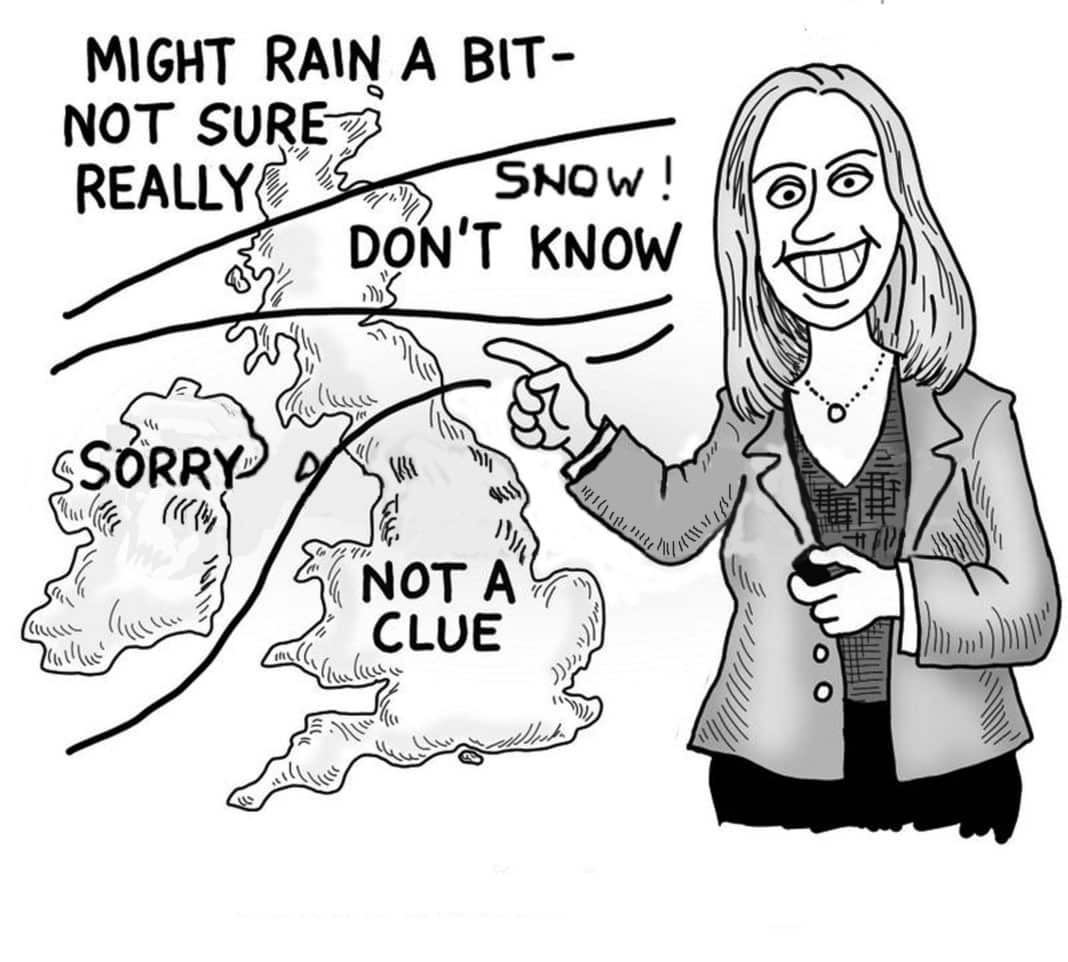
I was skimming lazily (is that possible?) through the 10th anniversary edition of World Bribery Digest recently, and was delighted to discover the following sentence in the Introduction: “I hope you continue to find Bribery useful in your work.” I loved that word ‘continue’.
A former classroom assistant took the lowest bribe of all when she was the spokeswoman on a jury, a mere £200 for arranging the acquittal of a felonious postman. They should pay schoolteachers more. Also postmen.
People have always tried to persuade others to do their bidding — and I don’t mean when playing bridge, although that might frequently help my partner — but by employing both fair means and foul, like a weatherman hedging his bets.
Blackmail, trickery and deceit are some of the more common methods employed, with sometimes just the odd suspicion of bribery. Or not so odd, because it often works, as when a journalist says, “The Minister for Security must have left the Cabinet Minutes behind by mistake while I was paying for lunch.”
‘Souperism’ was the name given to a system whereby hungry children during the Irish Potato Famine were fed on condition they accepted religious instruction as they ate. You can guess from the rather clumsy name what food they were offered, but I suppose ‘spoonerism’ would have been as bad — you probably know who Dr Spooner was: the sort of academic who rode around Oxford on a well-boiled icicle.
Whole populations have fallen victim to institutionalised ‘persuasion’ recently. Government leaders have been walking tightropes in attempting to find a balance between the health of their economies and the death of their citizens. We have been released from our domestic preventive detention but warned not to re-offend and overburden hospitals like we did last time. It’s like being sent to a pub and told not to wake up with a hangover. Which is one of the effects of overindulgence, I gather.
‘Rotten’ boroughs with a single voter were corruptible; churches sold ‘indulgences’, to pardon otherwise unforgivable indulgences — basically, remission from purgatory in exchange for cash. Building contractors nowadays claim they never accept sweeteners except in coffee, and pharmaceutical giants wouldn’t dream of trying to influence doctors’ prescriptions. And I don’t pretend to understand why we even need words like nepotism, cronyism, lobbying, and patronage. Isn’t a patron just a man who runs a bistro in France?
One lesson to be learned from a pandemic is not to take words at their face value, especially if the face is in politics. As Dr Spooner might say, “It’s most likely a lack of pies!” An unthinkable state of affairs in any civilised society.





